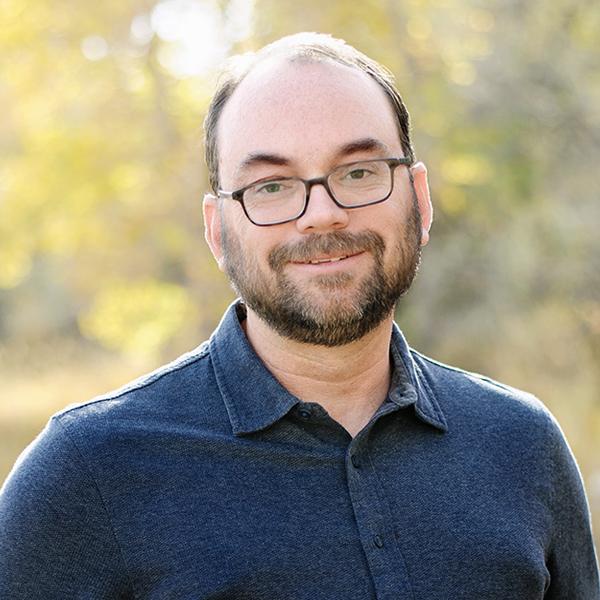‘Herculean’ Task Confronts Group at First Health Care Cost Commission Meeting
The Colorado Commission on Affordable Health Care (CCAHC) began its work Aug. 22, attempting to finish a debate that proved too prickly for the state’s last high-profile health care commission.
That group, known as the 208 Commission, began in 2006 and made many recommendations that the legislature took to heart, including the creation of a health insurance marketplace. Sen. Ellen Roberts, R-Durango, said she was pleased with the 208 Commission but wished it had tackled health care costs.
“That has always been a deep concern of mine,” Roberts said. “How are we going to deliver health care in Colorado if we don’t have the resources?”
Roberts and Sen. Irene Aguilar, D-Denver, co-sponsored Senate Bill 187, which created the CCAHC, and they opened the first meeting by pledging to step aside and let the commissioners work without pressure from the legislature.
Still, the political sensitivities of the topic were inescapable.
“The task in front of you is Herculean. Tempers might flare, or differences of opinion might surface every single meeting,” Roberts said.
Several commissioners expressed hopes that this group could make significant progress.
Jeff Cain, a Denver doctor who represents physicians on the CCAHC, has experience lobbying federal lawmakers on health care reform, including meetings with staff for Speaker of the House John Boehner and House Minority Leader Nancy Pelosi. But he thinks the action will be in Colorado.
“I was in Boehner’s office, Pelosi’s office and the White House all in one day. I think the best chance for change is in the states right now,” Cain said.
In their first official action, commissioners elected Bill Lindsay as their interim chair, based on Lindsay’s experience serving as chair of the 208 Commission. He is one of four 208 Commission members named to the commission. The others are Elisabeth Arenales, Steve ErkenBrack and Linda Gorman.
The new commission will have three years to look at a cost problem that has been building for decades. Through SB 187, it is charged with analyzing health care costs and recommending solutions to the legislature.
Commissioner Steve Erkenbrack, a veteran of the 208 Commission, said he thinks it’s possible to make incremental change, and he cautioned against posing unworkable solutions that will be shelved by the governor and legislature.
“I’d rather take 10 percent of it in a way that’s going to work in the real world,” he said.
The first getting-to-know you session revealed the diverse ideological backgrounds of the commissioners, which will be on display the next three years.
Arenales represents consumers – a broad group that includes all income levels, races and ethnic backgrounds. She said the CCAHC should look at reforms Colorado has made already, like the All Payer Claims Database, and focus its energy on what hasn’t been done yet.
“Colorado has been incredibly productive in trying to have a conversation and develop strategies,” she said.
Gorman, a health economist with the Independence Institute, said she will remind commissioners about the importance of price signals and incentives.
“Three years from now, I would hope we would stop thinking about people in groups and start thinking about people as individuals,” Gorman said.
And Dorothy Ann Perry, a public health expert from Pueblo, said commissioners need to talk about health, not just health care.
“I think health care is much bigger than treatment, much bigger than X-rays or lab work. It’s truly a whole-person concept. We can’t have that narrow perspective anymore,” she said.
Public interest in the first meeting was high, with about 70 people in the audience, even though the agenda was only to make introductions and start setting up the organizational details of the new commission.
The Colorado Department of Public Health and Environment will be responsible for publicizing the commission’s meetings and activities until the group gets its own website.
The next meeting is set for Sept. 22 from noon to 3 p.m. at a location to be determined.
Gov. John Hickenlooper and the top Democrats and Republicans in the House and Senate nominated the commission members. There are:
Elisabeth Arenales of Denver, of the Colorado Center on Law and Policy, representing patients.
Jeff Cain of Denver, representing health care providers who are not employed by a hospital.
Rebecca Cordes, a Denver bank executive, representing large, self-insured businesses.
Greg D’Argonne of Littleton, to serve as a person with expertise in health care payment and delivery, and as a Republican from the Second Congressional District. Appointed by the House Minority Leader on June 20, 2014 for a term expiring July 7, 2017;
Steve ErkenBrack, CEO of Rocky Mountain Health Plans in Grand Junction, representing insurance companies.
Ira Gorman, a physical therapist from Evergreen, representing health care provider health care providers who are not physicians.
Linda Gorman, of Greenwood Village, who works with the Independence Institute, to serve as a health care economist.
Bill Lindsay III, of Centennial, an executive at Lockton Companies, representing insurance companies.
Marcy Morrison of Manitou Springs, the former state insurance commissioner, representing consumers.
Dorothy Ann Perry, of Pueblo, CEO of Spanish Peaks Health Care Systems, serving as a public health expert.
Cindy Sovine-Miller of Lakewood, representing small businesses.
Chris Tholen of Centennial, vice president for financial policy at the Colorado Hospital Association, representing hospitals.
Five people also serve on the commission as ex-officio members. They are:
Reggie Bicha, executive director of the Colorado Department of Human Services.
Susan Birch, executive director of the Colorado Department of Health Care Policy and Financing.
Marguerite Salazar, commissioner of insurance at the Colorado Department of Regulatory Agencies.
Jay Want, chief medical officer of the Colorado All Payer Claims Database.
Larry Wolk, executive director of the Colorado Department of Public Health and Environment.

